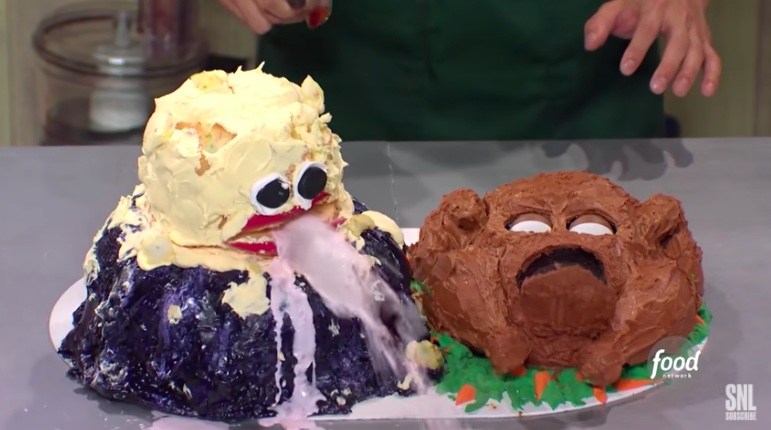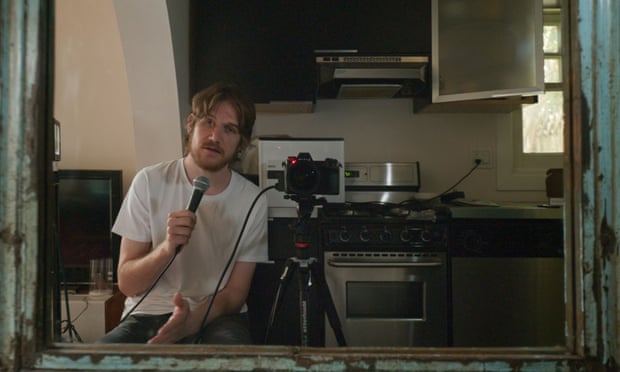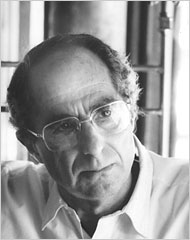Where do the “Not-Ready-for-Prime-Time Players” go when there is no more prime time?

Built into the name”Saturday Night Live” is its nature as “appointment tv”. Wickedly subversive in its heyday, the current incarnation seems to have nothing left to subvert. It’s target age-group doesn’t watch tv anymore, they hang out in Twitch virtual rooms, watch 15 second TikTok videos, or log on to Discord servers.
SNL debuted in 1975, when there were only 3 networks and a handful of VHF channels. You want to talk about an “Influencer”? Johnny Carson and The Tonight Show dominated late night t.v. and had a huge role in defining popular culture. Today the late night genre offers us exhausted “Jimmys” in suits, aping the talk show rituals, sets, and sidekicks of their grandparents era. Ratings are way down: there are too many online and cable alternatives, and the guests are too scripted. You will not find the spontaneity of guests who regularly drank and smoked prior to going on air. The Charles Grodins, Robert Blakes, Angie Dickensens….now that was reality t.v.
Thus the SNL parodies of the time didn’t need to squeeze too hard to get the juice. Remember Dan Ackroyd’s impersonation of Tom Snyder, host of the Tomorrow Show? It was considered wildly over-the-top at the time. Compare it to anything the current show’s breakout star, “walking 4th wall” Kate McKinnon does.
If you believe in Truth in Comedy, it’s important that the writers and performers on SNL reflect the lived-experiences of their age cohort. Instead they are writing and acting in sketches that take place in a bygone reality. I sympathize, they have an impossible task, teenagers and young adults today simply barely interact with each other outside of virtual spaces. What you are seeing in SNL is nostalgia performed by people who never made the memories.
Imagine a skit set in a Thanksgiving scene: probably a bunch of family members arguing, someone has a secret, there’s a weird overly-political uncle, etc. In reality, although a family will be in the same room, anyone under 30 is going to be glued to their phone, in some version of cyberspace.
So how do you make comedy without interaction? SNL hasn’t figured that out – nor has practically anybody – so they resort to barf jokes, poop jokes, and endless clunky impressions.
I’m not saying that the original SNL didn’t have some of this. But the shock value of a character throwing-up in a sketch is just not the same the 5th decade in.
The closest I’ve seen of someone seeking comedy in the virtual world is Bo Burnham, who’s Netflix special “Inside” is shot in an attic room, with him alone, singing songs about things like chatrooms, Facetime, Jeff Bezos, and Instagram. In the final frames you see him sprawled out on the floor, alone and surrounded by technology. It’s sort of a “Krapps Last Tape” for the internet age. But it’s more wistful than funny.

Is comedy in the same predicament? Throughout the ages comedy has relied on elements like misapprehension, mistaken identity, false bravado, exaggeration, absurd physical action, mockery (especially of the powerful by the powerless), and exposed hypocrisy. Virtualization, mediated reality, and the identity curation endemic to social media, inhibit all of these. How can a status difference “land” when we don’t know anyone’s real identity (“on the internet no one knows you are a dog”)? How can an exaggeration retain its power when every TikTok video features grotesque facial affects and speeded-up helium dialog?
Comedy also can’t exist without consequences. Seeing two clowns bop each other over the head with harmless foam baseball bats over and over gets boring very quickly. When consequences are “virtualized”, e.g. the worst that can happen is you lose armor points in an RPG, or you have to create a second account in Twitter, then there’s is nothing to get worked up about, or to laugh about.
Compare this to a historical phenomenon where the stakes cannot have been higher: “Jonkunnu”, a Christmastime holiday in the U.S. during slavery, during which the enslaved would dress up in grotesque costumes and mock their enslavers – I imagine the subtexts of danger and subversion must have made have made a fertile ground for hysterical laughter.
When considering the harms of mediated reality, I remember a comedy improv class where the teacher, in counseling us towards naturalism, stated that the most fascinating thing in the world was an awake young baby. People are naturally drawn in, because every motion and utterance is spontaneous and true. Which is the opposite of mediated reality.
Don’t make a sad face though. There are 3 trends that bode well for comedy:
1. Ever-greater technological privacy invasions: tracking, biometrics, facial recognition, etc. which remove anonymity
2. The inevitable class exploitation that will take place on the internet, of which Jarod Lanier has forewarned, which will create status disparities
3. Emerging general artificial intelligence’s baked-in inflexibility and tyranny
So we will eventually have a return to consequences, status differences, and cyber-overlords to mock. The question is, will the algorithms allow anyone to tell a joke?
